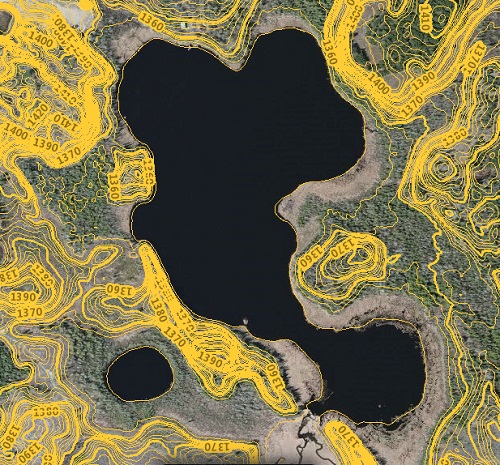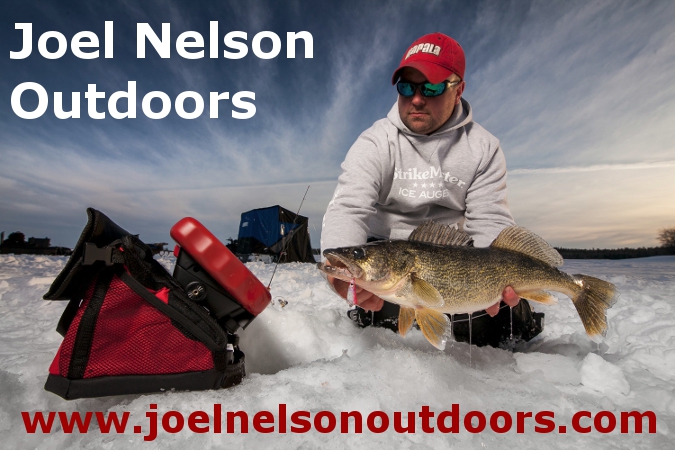 Joel Gohman asks: When going to a new small body of water with no idea of structure or where the fish will be, what are you tactics to finding them quickly and efficiently? Perhaps the best part about backwoods secluded bluegills is that the water is small! Many of the location issues and difficulty finding bluegills we have in larger systems can be eliminated in the smaller ones by brute force. Plain and simple, sometimes you need to drill out the likely depths until you find what’s there, or are satisfied that you’ve looked long and hard enough to find them if they were.
Joel Gohman asks: When going to a new small body of water with no idea of structure or where the fish will be, what are you tactics to finding them quickly and efficiently? Perhaps the best part about backwoods secluded bluegills is that the water is small! Many of the location issues and difficulty finding bluegills we have in larger systems can be eliminated in the smaller ones by brute force. Plain and simple, sometimes you need to drill out the likely depths until you find what’s there, or are satisfied that you’ve looked long and hard enough to find them if they were.
Still, there are some tips to finding a place or two to start. First and foremost, I scour the aerial photography and look at the shape/structure of the lake. Perfectly round lakes are somewhat rare, and any irregularity can be a tip-off. Inside turns at the bases of points, neckdowns, or where the lake comes to a corner, especially if it’s surrounded by steeper shoreline can be a great location to start. This is doubly true if you’ve got great weeds at the top or upper end of the inside turn once you do start your drilling.
To get a better feel for lake contours, even when none are available, I use LiDAR elevation data to get a good feel for the surrounding shoreline. This has been recently acquired for the state of Minnesota, and in parts of Wisconsin too. For Minnesota, go to the MN Topo viewer to look at incredibly accurate (1m ground resolution) terrestrial contours along lake edges with the idea that steep shorelines (or broad and flat ones) extend into the lake itself.
You can also use these data to eliminate poor water. A swamp to one end generally indicates shallower water a good ways into the lake, so you can eliminate exceedingly shallow and non-gill habitat that way. You can also eliminate water by looking at Google Earth and its various years of photography available. Water that is weed-choked and annually blanketed by emergent and submergent vegetation will typically not hold good gills unless it’s the last available habitat.

